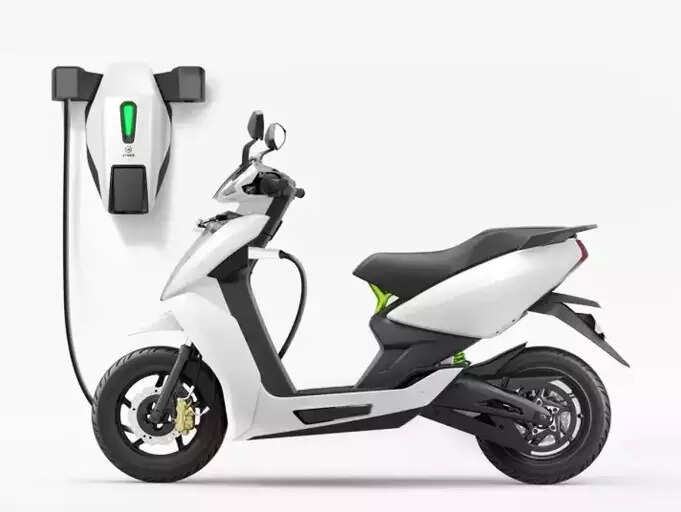
New Delhi: The cumulative damages to the seven electric two-wheeler (E2W) OEMs affected by the decision of the Ministry of Heavy Industries (MHI) to block FAME subsidies could amount to over INR 9,000 crore on a conservative basis, the Society of Manufacturers of Electric Vehicles(SMEV), said in a media release on Tuesday.
SMEV proposes creation of a Sinking Fund by the Ministry to help OEMs on the brink of closure get back on their feet through soft loans, grants or other such mechanisms that can revive them.
A cursory audit by SMEV’s chartered accountants estimates the cumulative losses on account of unpaid dues, interest, debt, loss of market share, reputational loss, cost of capital and potential recapitalisation, to be approximately INR 9,075 crore since the MHI held up their subsidies since 2022. While these need to be formally audited to establish an exact figure, most OEMs agree that these are by far more conservative than realistic. Fact is some may never recover, and some may just wind up, the release said.
Highlighting the need for a speedy resolution, Sanjay Kaul, Chief Evangelist, SMEV, pointed out that it is ironical that while the industry engages with prospective investors about deploying USD 1 billion in the Indian EV sector, the losses already correspond to almost the same amount of money for the troubled E2W OEMs.
In a letter to the MHI Minister Mahendra Nath Pandey, SMEV states that the OEMs are reaching a breaking point owing to the daily mounting losses. The letter proposes that if the intention of the Ministry was to punish these OEMs, this delay is practically finishing them as this punishment has continued for over 22 months, which itself is a crime.
“It appears that the OEMs have a serious predicament because apart from the monies held up for 18-22 months as unpaid subsidies, and the subsequent claim of MHI to claw back older subsidies, their new models have not been allowed to be uploaded on the NAB portal – in effect blocking them from doing any business at competitive prices. It has to be admitted that this is prima facie unsustainable. I propose that these companies, having suffered enough and having paid any penalties due many times over in sheer losses, may kindly be absolved and permitted to continue to do business,” Kaul said.
The SMEV letter further states that ironically these affected companies were the original startups and unicorns when there was no EV ecosystem in India. Being pure-play EV manufacturers, they do not have ancillary businesses like the traditional legacy players have. That means that the specialist startups have nowhere else to go if their fundamental line of business is squeezed. Start-Up India should not become Wind Up India, he said.
A Sinking Fund is proposed because it falls within MHI’s ambit to build the EV eco-system through financing initiatives, the release said.

